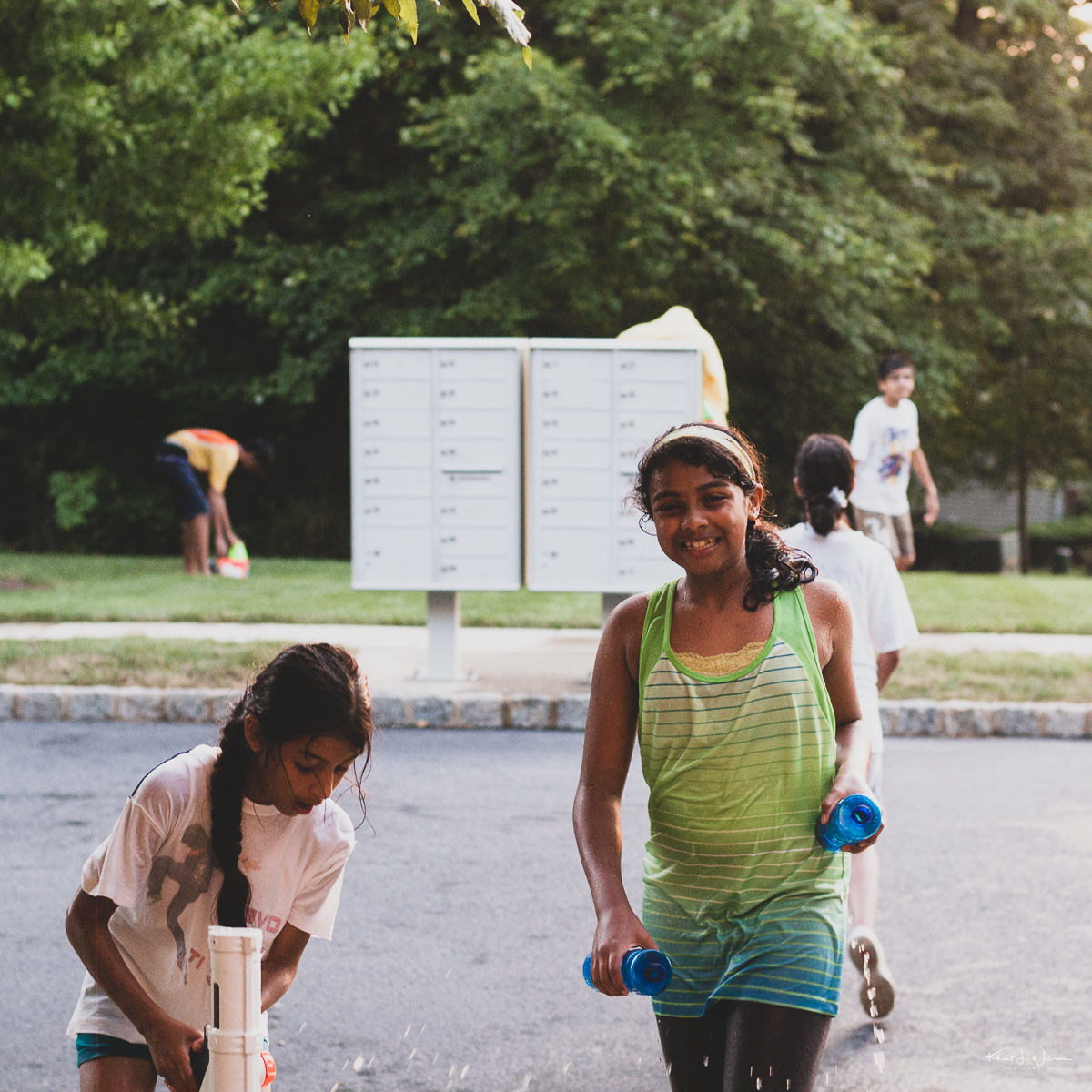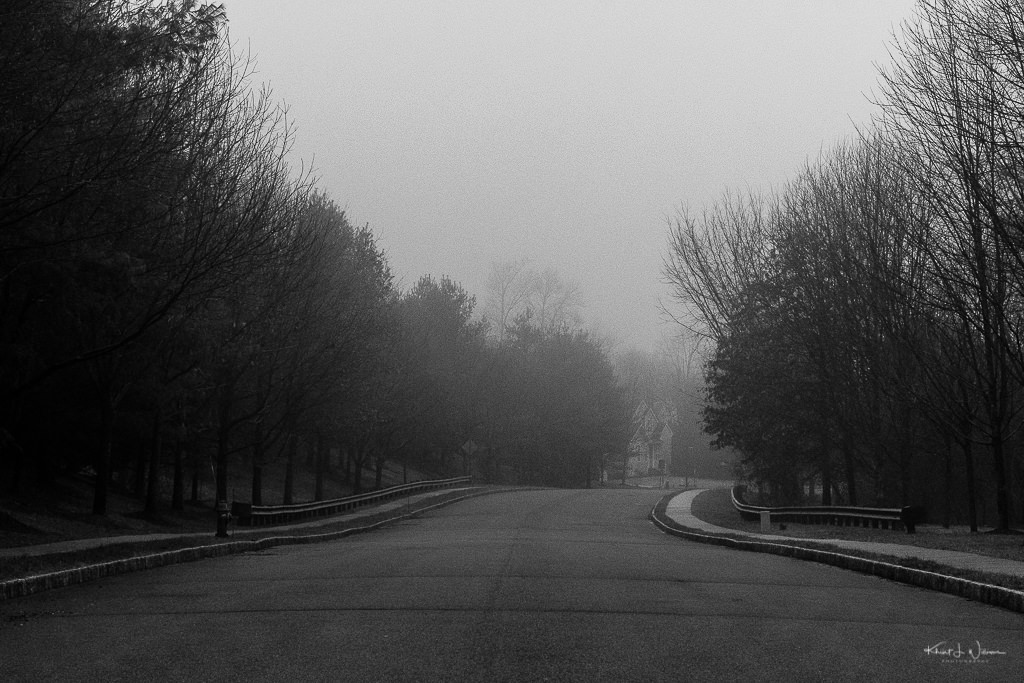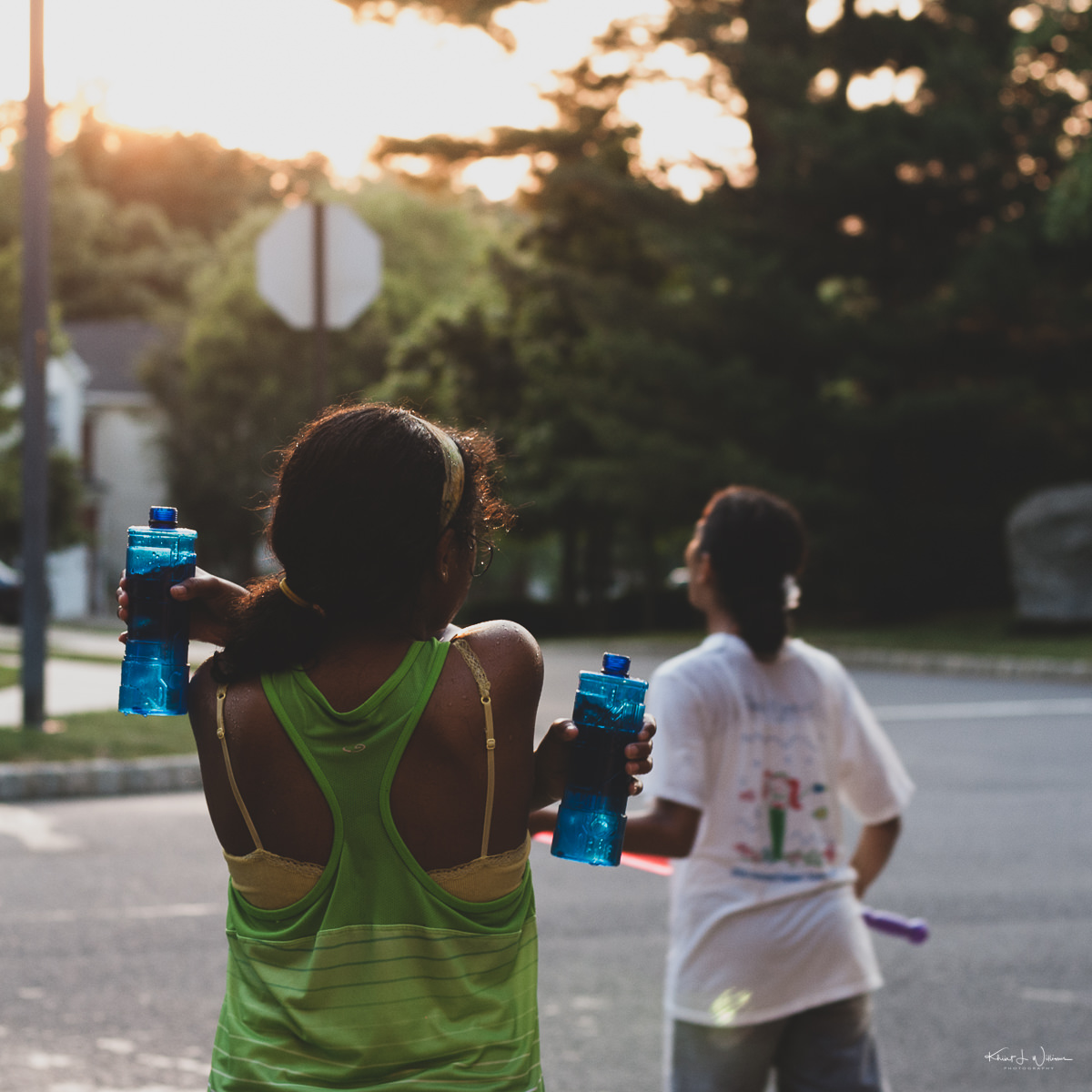Too many people I've encountered online don’t realise that dealing with the current situation isn’t only about adjusting to working from home. That some of us are dealing with a whole lot more than just that and that being confined to a small space and forced to physically distance may aggravate "social isolation".
Tag: Mental Health
The Importance of Doing Nothing
In today’s networked society we are at risk of becoming victims of information overload. Introspection and reflection have become lost arts as the temptation to ‘just finish this’ or ‘find out that’ is often too great to resist. But working harder is not necessarily working smarter. In fact slacking off and setting aside regular periods of ‘doing nothing’ may be the best thing we can do to induce states of mind that nurture our imagination and improve our mental health.
Our lives have become defined by busyness. Look around you at the train station, in cafes, out on the street, people are glued to their mobile handset or tablet.
I recently asked an executive I once coached how many emails she received a day. “Five hundred,” she told me. “But I don’t read any of them. If I did, I wouldn’t be doing my job.”
The challenge, she said wasn’t attaining information but “pushing it away so I don’t suffer from information overload. I need time to think.”
When I was a child growing up in the British West Indies, saying the phrase “I am bored" was often met with “Go outside and play with your brothers” from my mother. Of course, I did what Mom said, and my brothers and together, we got into all sort of mischief. Climbing trees, running around the yard playing "tag" with the family dog, finding other neighbourhood kids and enlisting them into mischief. Eventually, we learned to recruit each other into mischief. It was so much fun!
We explored the woods and streams near our home, unsupervised. We often came home injured; cuts and scrapes, never anything serious. I think exploring the forests and streams helped my younger brother, an environmentalist, discover his love of nature. Being bored pushed me to read more, to want to learn about the world me. And I was left alone to read andponder. I think that’s one reason I fell in love with science and engineer. I didn’t need a STEM program to develop that love. I just had to be curious and have a parent willing to let me be. I needed time to think.
In comparison, I look at my neighbourhood, and I feel saddened by the empty streets. The kids are all safe indoors, playing video games or streaming the Internet. When my kids were younger, we often encouraged them to engage in unstructured play with each other and outside in the backyard, weather permitting. Legos and wooden blocks. When they were older, it became more challenging. I only remember one summer, in the middle school years, when I saw the neighbourhood kids find each other and engage in silly fun. It was the last day of school and the start of summertime. The kids were outside playing with water shooters and the hose with their friends from the neighbourhood. I had to be careful not to get my camera wet, but the kids had a blast.

During the summer, the time of year when kids have “nothing to do” and nowhere to be, the neighbourhood was often devoid of the sounds of kids playing. The kids were packed up and sent away to camp. I felt sorry for my kids, but at least they had each other. We eventually enrolled them in Tae Kwon Do classes, mostly for the experience of being engaged in shared goal with others and so they could develop friendships outside of a classroom setting.
Of course, we made mistakes. We introduced screens and the internet too early. I guess that is one hazard of having a parent who works with information technology.
But it’s not just kids. Adults are suffering from this, as well. I admit that I often feel pressured to perform and produce quickly. That’s dangerous in my profession, and it’s not the way my mind prefers to work. I prefer to ingest information and taking the time to reflect, then act. But it is my fault for being seduced by the USA's productivity culture of constantly wanting to do more. GTD, sleep hacking, etc., all designed to give us more time to do more, but less time to think. Being idle is often seen as wasteful. Sigh.
I miss the daydreaming. I miss the feeling of time spent doing “nothing”. I miss the mischief.
Time for reflection and mischief.
“Learning without reflection is a waste, reflection without learning is dangerous” – Confucius
Men are "nothing more than a walking paycheck".
Again, for most of civilization, young men were the ones responsible for protecting society. By the time they were adults, they needed to be battle-hardened and physically strong — the survival of the community often depended on it. As a result, brutal, physical violence among men (through organized sport) was celebrated (and still is today, although this is beginning to change). And men who weren’t able to make the cut were shamed for their physical weakness, for their emotional displays and vulnerable demands for affection. Men were meant to be ruthlessly competitive, and emotionlessly self-contained.
And this was the hidden cost for their physical, and later political dominance, in human society — as men, we are taught from a young age to hide from our emotions rather than to engage them.8
Well, this may not surprise you, but repressing emotions fucks people up. And shaming people for weakness and vulnerability can result in all sorts of mental health problems, not to mention encourage them to lash out in anti-social ways (i.e., shoot up a school, or ram a car into a crowd of people, sign up to be a militant in some crazy religious organization — sound familiar?).
Men commit suicide at a rate five times that of women while teenage boys commit suicide nine times more often than girls.9 They are also diagnosed with depression and ADHD at a rate of 4-to-1 to girls the same age.10 Men make up 2⁄3 of the homeless population,11 are more than twice as likely to become alcoholics and are approximately three times more likely to become drug addicts.12 It’s widely documented that men are far less likely to ask for professional help, medical or otherwise, even when experiencing significant health problems or depression.13
Men are the victims of the majority of violent crime, but also far less likely to report it for fear of appearing weak. One survey found that 40% of the victims of domestic violence are men, yet they were far less likely to report the violence and far less likely to be taken seriously by police.14 Men take on more dangerous jobs and are less likely to report any injury suffered at work. Men work far longer hours, take fewer vacations and sick days, and suffer worse symptoms of chronic stress and fatigue. Men even die on the job at a startling rate. In short, most men treat themselves as nothing more than a walking paycheck.15



